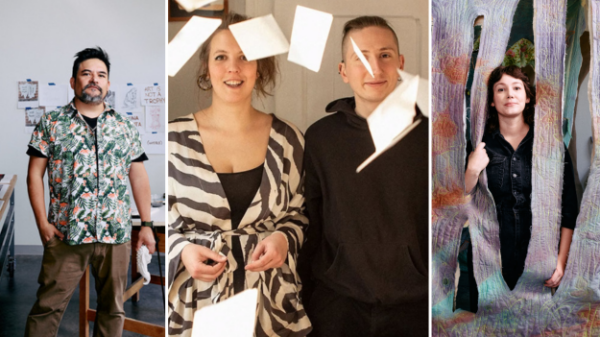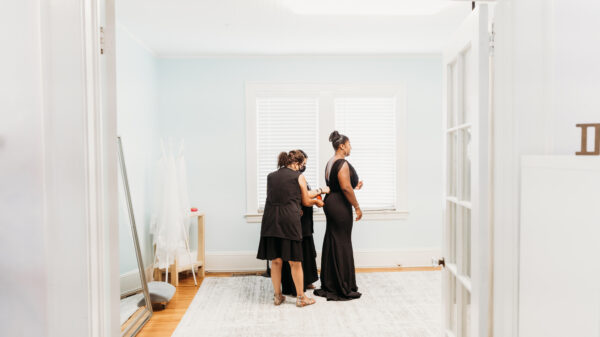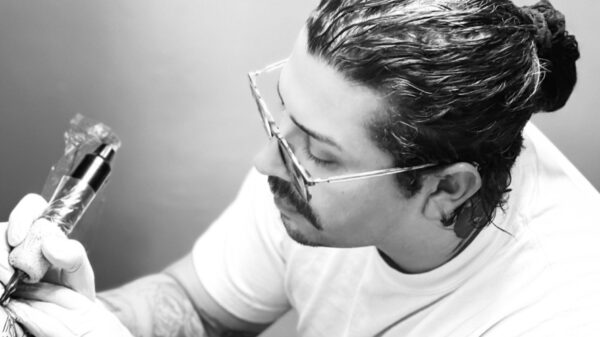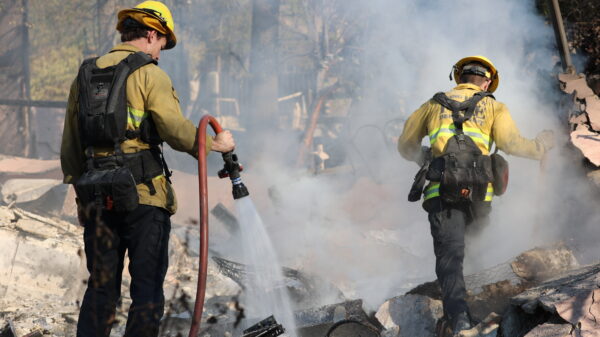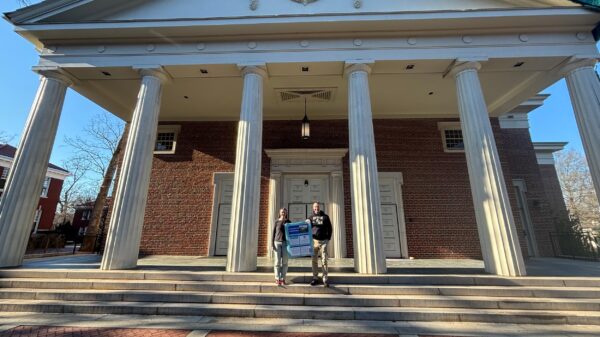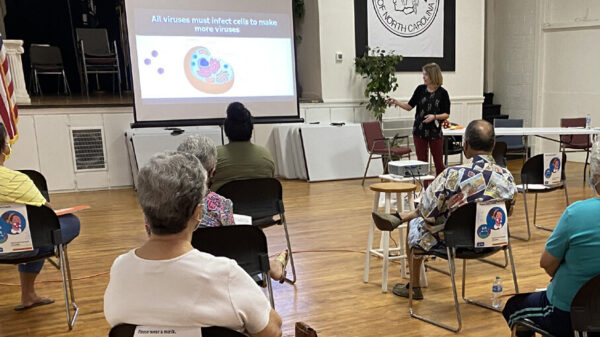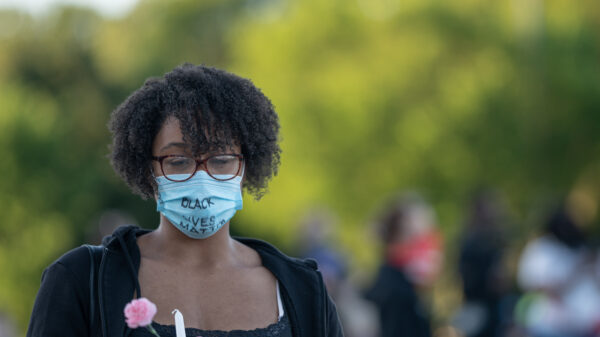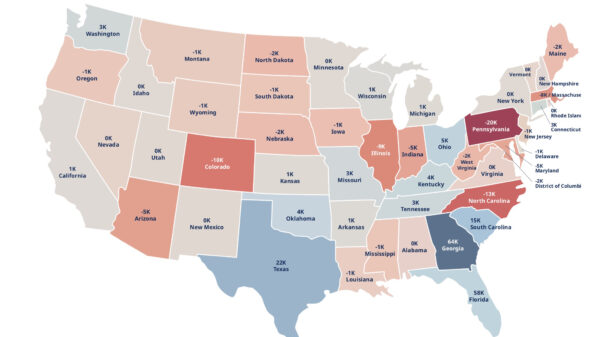Black residents of Charlotte need to acknowledge how the last three years have created a period of constant trauma with proven negative impacts on their mental health, according to therapist and social rights activist Justin Perry.
As Black History Month comes to a close, Black Americans are continuing to deal with challenges marked by the murders of George Floyd and Ahmaud Arbery and the disproportionate impact of COVID-19 on people of color.
Perry has been examining how the compounded impact of two pandemics — one rooted in racism and the other in disease — changed the way his patients, family, friends and neighbors regard their sense of well being, their ability to cope, and their willingness to seek help. It’s been more than challenging, but lightened by one positive development.
“The experience as a Black person in America is an experience of constantly overcoming trauma, overcoming oppression, overcoming all kinds of challenges, but also still somehow managing to do it with joy and often being able to do it with resilience,” Perry said in a recent interview. Black Americans deal with the trauma of everyday racism, the trauma of witnessing brothers and sisters being murdered, and the trauma of realizing that this could happen to them, he said. And they deal with the trauma of realizing that none of this is new.
“However, the acknowledgement of the experiences that so many of us have, being recognized as something to address through a mental health lens is new,” he said. Black Americans tend to believe that “what happens in this house stays in this house,” and perceive that their own personal issues are solvable without outside help.
Perry’s experience in Charlotte is echoed by national research released in 2021 by Harvard and Stanford universities. Researchers found that rates of depression and anxiety increased in the population during the pandemic, but the murder of George Floyd added an additional mental health burden, particularly for Black Americans. It literally changed their health and made them sick.
Other Charlotte mental health counselors have seen increases among Black Americans seeking out mental health care. They include Aura Davis of Wilson Oasis; Dr. Saidat Kashimawo-Akande of Carolinas Heathcare System Behavioral Health; and Dr. Taren Coley of Hopeway. And on Feb. 23, the North Carolina Department of Health and Human Services partnered with the state’s Historically Black Colleges and Universities to host a summit focused on minority mental health at Johnson C. Smith University.
Perry regularly discusses these issues in counseling sessions, presentations, opinion pieces, podcasts, and interviews. He is scheduled to speak at the YWCA Central Carolina’s “We Believe 2022” event on March 9. A licensed social worker and clinical addictions specialist, Perry has been a counselor and therapist since 2009, and founded his own practice in 2016. A graduate of West Charlotte High School, Perry has bachelor’s degrees in psychology and sociology and a master’s degree in social work, all from UNC Chapel Hill.
COVID-19 Eliminated Ways to Express Emotion
Sports, the arts and social gatherings provided people with opportunities to express emotion, Perry said, but the pandemic curtailed them. Media coverage of protests made Black Americans wonder if it was safe to go outside, although in some cases it provided an outlet to express emotion. “On the flip side of that, though,” Perry said, “the slowdown in some situations has allowed for us to actually say, ‘Wait a second. Mental health is not just a thing for other people. Mental health is a thing for me.’”
How Are Children and Teenagers Affected?
Younger generations have had important activities stripped away: education, extracurricular programs, social gatherings, playtime for kindergartners. “Sometimes young people feel ignored, feel stepped on, you know, feel like, ‘I don’t truly matter.’ And so that is going to create resentment, that does create anger and pain,” he said.
Like adults, children suffer from being locked inside and exposed to the media barrage of the last three years. Now, Perry said, kids are exposed to constant trauma at a young age, creating a bundle of emotions they’ll have to navigate through – anger and fear being prominent. “Anger is a secondary emotion, and underneath anger is often hurt,” he said. Young people need a space for communicating early, because having adults who can hear and listen to what is being experienced is fundamental in their development.
How Are Black Americans Addressing Mental Health?
Perry said the process starts with taking care of oneself physically, mentally and spiritually. Surrounding oneself with others who can support and relate is just as important. “There’s value in the village … the opportunity to surround myself with people who bring out the best in me, who may challenge me when I’m off, but also who will love me,” he said.

Black Americans need to eliminate the idea that caring for mental health is a myth, or just something that rich white people do, Perry said.
“Here’s the thing. We experience pain,” Perry said. “When we experience pain, what we want to do is heal, right? We have a right to heal. We have overcome enough that finding sources of healing is something we have a right to.”




